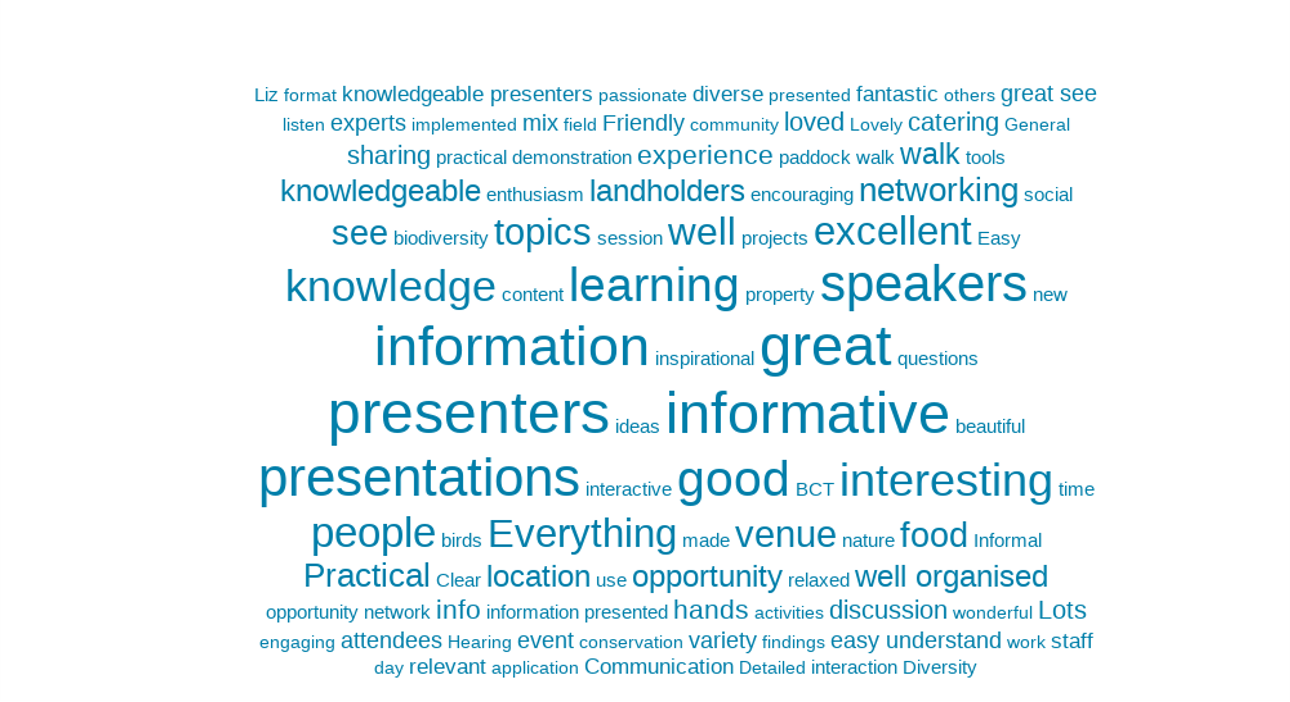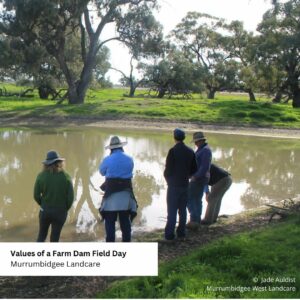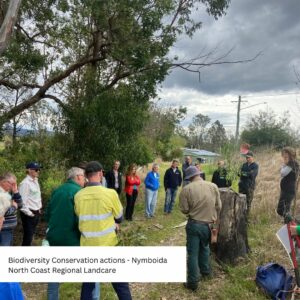Ever wondered what happens to all those feedback surveys?
If you’ve attended one of the 107 Private Land Conservation Matters events in the past 18 months, you’ve likely filled out a feedback survey. Thanks to the 725 participants who shared their thoughts, we’ve gained valuable insights.
About 75% of attendees identified as “other landholder broader community including Landcare,” with 13% being BCT agreement holders. The rest were staff and presenters. Surveys showed an average 20-point increase in knowledge on a 1 to 100 scale. Some topics, like habitat augmentation, jumped from 14/100 to 49/100, highlighting areas for future focus.
Participants were overwhelmingly satisfied with relevant content, expert presenters, and that there was plenty of time for questions and socializing. However, many felt less confident in implementing what they learned or accessing resources. This feedback will shape follow-up events to better support landholders in applying their skills.
Attendees also provided ideas for future topics, ensuring the next round of events meets their needs. Many expressed gratitude for the inspiring efforts of event staff.
Here’s what some people said:
At the Paddock to Plate event in Batlow: “The knowledge of the presenters and the inspirational property” were highlights.
The Habitat Augmentation workshop in Bendemeer was praised for its “practical nature, excellent presenter, and linkage with science.”
The Cats Claw Creeper event in Tiri was valued for “connecting with local, like-minded people and learning.”
Field walks, informal settings, practical information, and good food were consistently praised. These are hallmarks of Landcare events.
We are indeed fortunate to have a relationship with the Biodiversity Conservation Trust, which recognizes Landcare’s unique role in connecting communities and fostering biodiversity champions who support each other and the ecosystems we all depend on.
If you’ve attended an event under the Private Land Conservation Matters program and didn’t have the chance to provide some feedback we’d love to hear from you via this survey.




